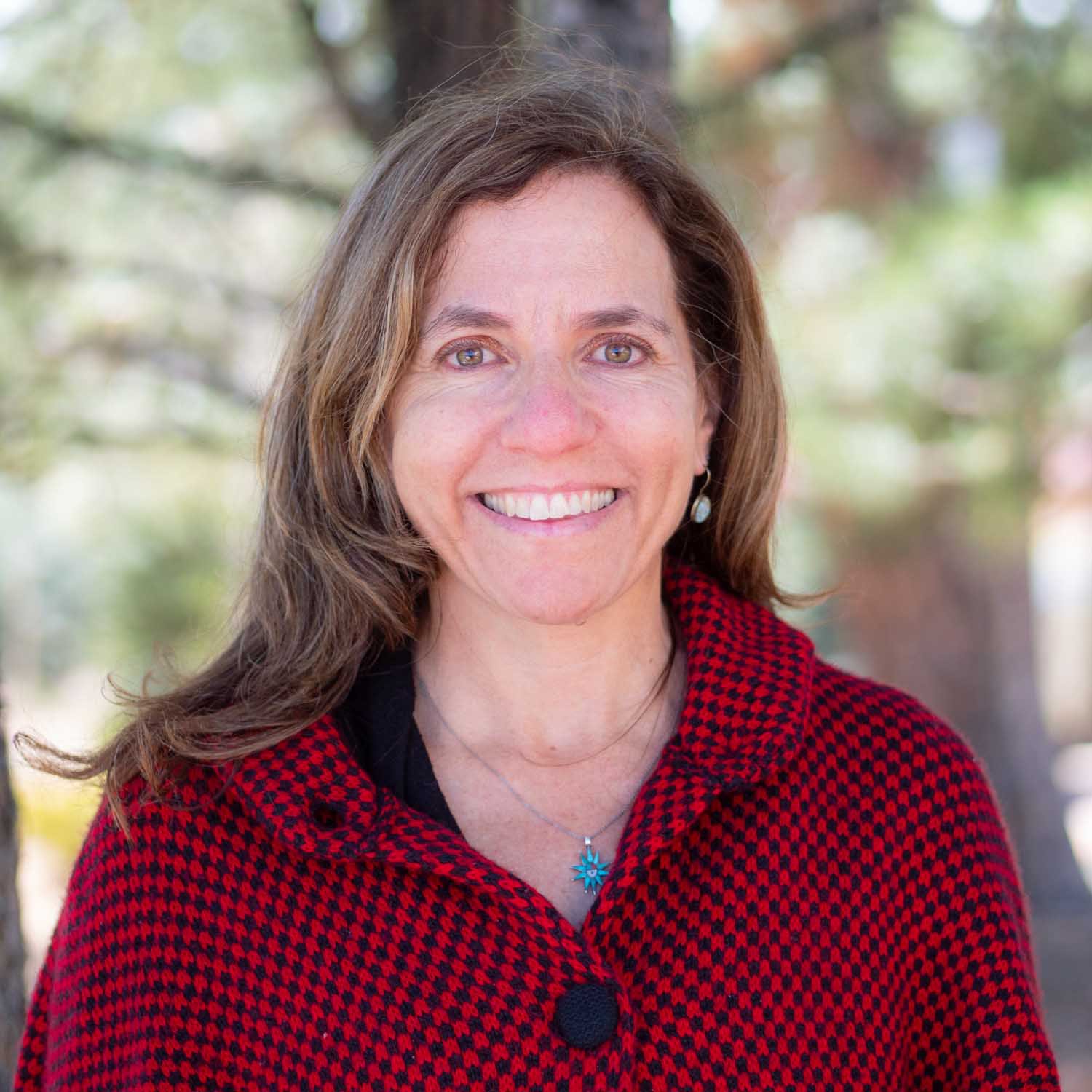
To commemorate Women’s History Month, we’re interviewing women at the Center for Progressive Reform about how they’re building a more just America, whether by pursuing a just transition to clean energy, protections for food workers, or legal support for Native Americans. This week, we spoke with Sarah Krakoff, professor of law at the University of Colorado, Boulder, and an expert on Native American law, public lands and natural resources law, and environmental justice.
CPR: What motivated you to become an ally to Native Americans and equal justice in America? Is there historical context to this or a moment in history that stood out to you as motivation or inspiration?
SK: My commitment grew out of anti-poverty and civil rights work I did while in law school, which included a very cursory introduction to the unique status and rights of Native nations. But my understanding of what justice and equity mean in the Native American context truly developed when I lived on the Navajo Nation, working for DNA-Peoples’ Legal Services [a nonprofit legal aid organization providing free civil legal services to low-income people].
I lived in a rural area and, like my Navajo neighbors, had no electricity or phone service due to a decades-long freeze on development imposed by the federal government. I practiced in the Navajo tribal courts, so understood from the outset of my legal career that tribes are governments. And I was able to learn from the ground up about the colonizing legal structures that impoverished native people and caused lasting harm to their cultural and natural resources, but in a setting that reminded me every day about Indigenous strength and resilience.
CPR: What do you see as the highest priority in this field and what are the barriers to change? How does/might your work affect women in particular? Are there inequities you’ve witnessed that you’re working to change?
SK: I think the highest priorities are to reorient legal and political structures to support equity and justice in ways that align with Indigenous self-determination, and to create space for governance according to traditional ecological knowledge.
Native women are already playing leading roles here. Deb Haaland, the now-confirmed Secretary of Interior, is an excellent and timely example! She understands that disproportionate violence against native women is connected to the violence that has been perpetrated over centuries to Indigenous lands and cultures. It is exciting that there are already several other strong and brilliant native women in the Biden administration, including Natalie Landreth and Ann Marie Bledsoe Downes in the Department of Interior; Wahleah Johns in the Department of Energy; and Libby Washburn in the White House.
CPR: If you could have Congress or President Biden’s ear for an afternoon, what would you recommend?
SK: After recommending that both the president and Congress conduct robust consultation with Native nations and outreach to other frontline communities, I would recommend that Congress include funding for “just transitions” and frontline community adaptation projects and infrastructure in a comprehensive climate change bill. I’d also ask that President Biden and Congress consider focusing on a few of the hardest-hit regions first as demonstration projects — to show the benefit of such funding and legislation — including the Colorado Plateau in the Southwest, the Gulf Coast, and Alaska.
CPR: Who inspires you?
SK: One of my living heroes is Nikole Hannah-Jones [journalist]. I started reading her investigative reporting on race and segregation in U.S. schools and housing when she was a journalist at ProPublica and have been a follower of her work ever since.
Winona LaDuke [environmentalist and economist] is also on my list; her longtime work on tribal land restoration is inspiring, and we were lucky enough to have her talk at Colorado Law (where I work) in the late ‘90s.
I am also inspired every day by one of my closest friends in law school, Rose Braz, who died too young of brain cancer but was ahead of her time in uniting issues of decarceration and environmental protection. She was also kind, funny, generous, and fearless, with a weak spot for maimed and surly rescue dogs.
CPR: Who in particular would benefit from the policy reform you seek?
SK: I can think of several amazing grassroots Indigenous women leaders whose advocacy I am supporting and, in that sense, whom I hope my own work benefits.
